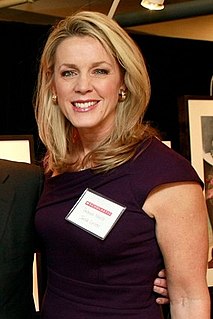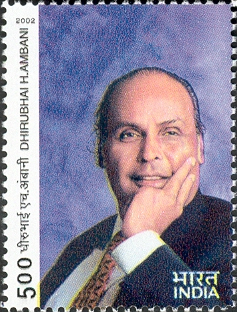A Quote by Deborah Norville
There is a comfort in rituals, and rituals provide a framework for stability when you are trying to find answers.
Related Quotes
When prayer, rituals and ascetic life are just a means of self-indulgence, they are harmful rather than beneficial. This is quite obvious to people nowadays, when it is widely recognised that fixations are not the same as valuable and laudable observances. One should not pray if that prayer is vanity; rituals are wrong when they provide lower satisfactions, like emotional stimulus instead of enlightenment; he or she should not be an ascetic who is only enjoying it.
Rituals are important. I get up. I take the dogs on a walk around to the front and then I pick up the papers. Then I walk around to the front door, then me and the two dogs come in the house and I give them treats. I make coffee. It's the regularity of these kinds of rituals that I find deeply satisfying.

































